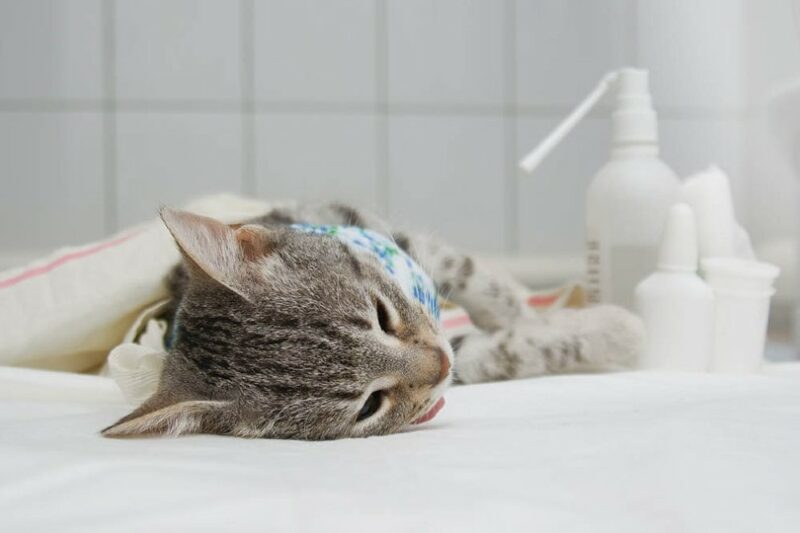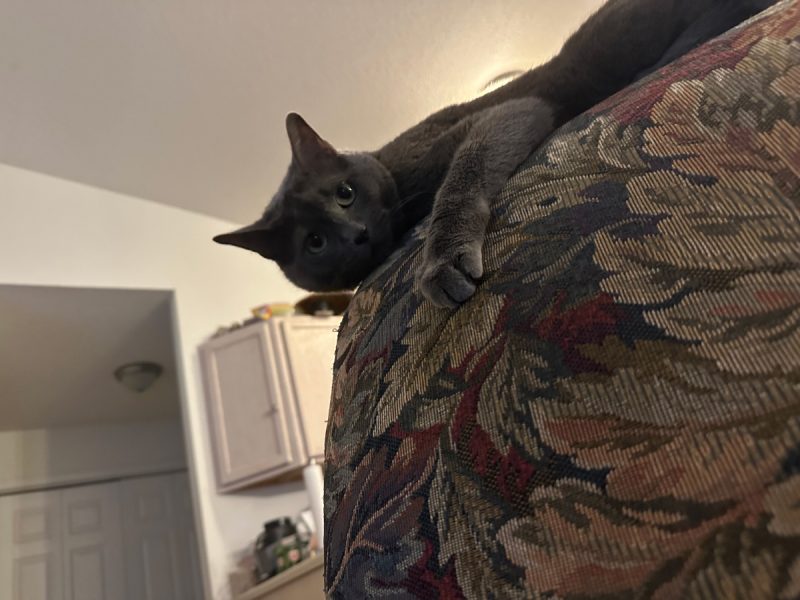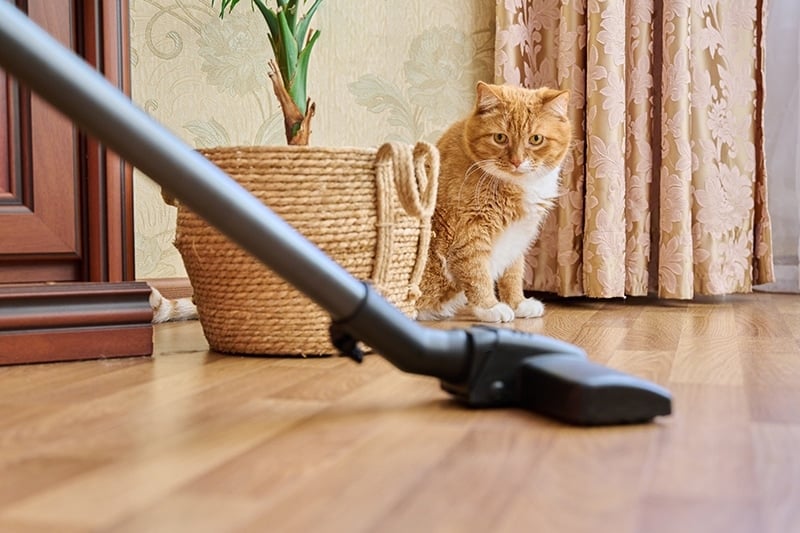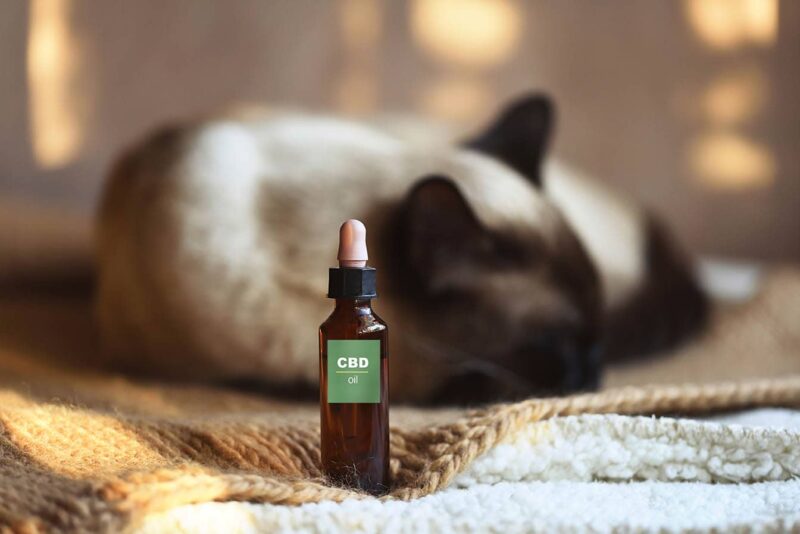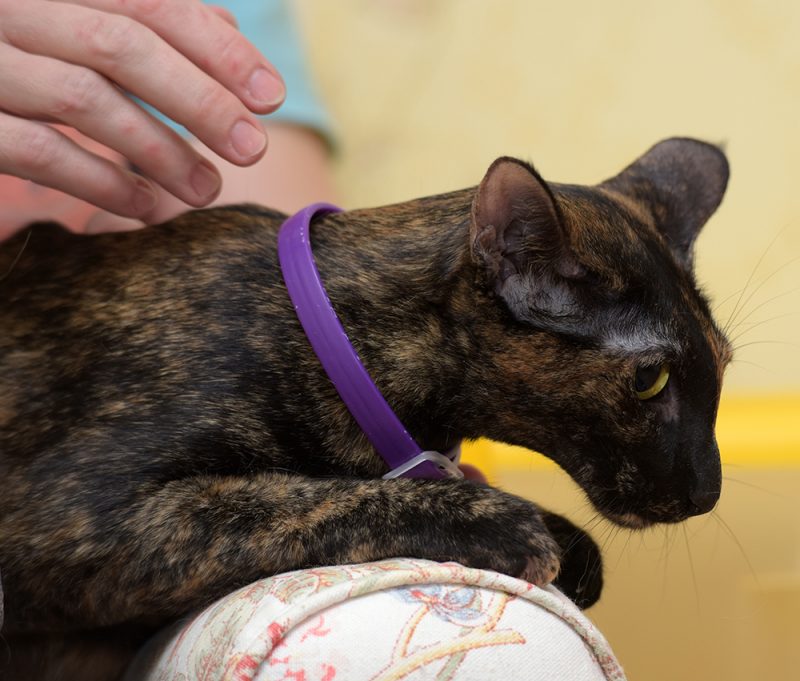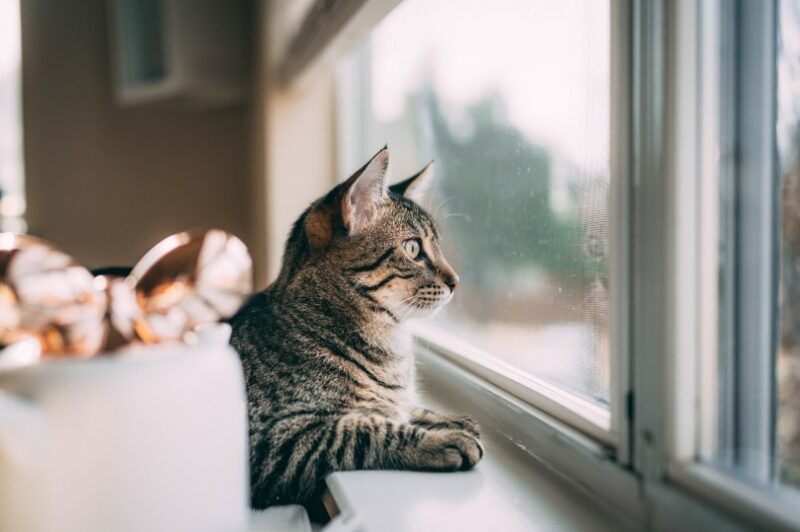Spaying, also called desexing, or technically an ovariohysterectomy or ovariectomy (depending on the procedure), is a surgical procedure wherein the female reproductive organs are removed from your cat.
Although the procedure can sound daunting, most cats are back to themselves within a day or two. Though, it is worth noting, that the full healing process takes much longer!
Most commonly, cats are spayed at an early age—generally, before they have their first heat cycle—which is important, as it significantly decreases their risk of developing feline breast cancer when they get older.
With some easy preparation, these top tips will ensure your cat recovers quickly from her spay—generally, within a day or two.
Preparation is Key
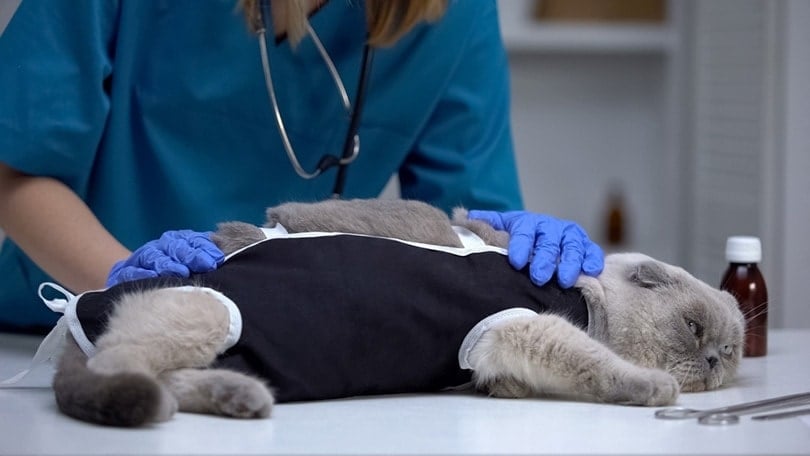
The day before surgery is almost as important as surgery day itself! Don’t forget that most vets will want your cat fasted (not given any food, though water is ok) from some point before surgery. Know how many hours this fasting period is, and stick to it!
Know What Aftercare is Needed
Will your cat need pain medication or an antibiotic? If so, how often? Does the vet want you to keep her indoors for a certain period? How often should you check the surgery site? Are there sutures that need to be removed in a certain period?
Knowing the answers to these questions will help get your cat on a fast track to recovery!
Call if You Have Concerns
If you do have concerns, don’t hesitate to reach out to a vet. If they are not open, a local emergency vet can often offer you guidance as well. Try to find out who the vet recommends if that becomes necessary.
If concerns do arise, photos and videos of the concern can be very helpful, and might even save you a trip back to the vet if it’s something that is part of the normal post-operative healing process.
If you need to speak with a vet but can't get to one, head over to PangoVet. It's an online service where you can talk to a vet online and get the advice you need for your pet — all at an affordable price!

Your Cat May Look Normal, but Healing Takes Time
Don’t forget that, although skin after surgery can heal quite quickly, internal healing can take longer. Just because your girl looks fine the second day after surgery, doesn’t mean she can run and jump and play like normal. Talk with the vet about activity restrictions post-op, and stick to them!
Know Your E-Collar Options
The vet may not use Elizabethan Collars (or e-collars), but in case they do, be aware that they come in various sizes and types, so trial and error can be important.
How long do they need to wear it for? Can they eat and sleep with it on? These are questions to discuss with the vet.
Some e-collars are inflatable, some are flexible plastic. Alternatives, such as fleece jumpsuits, also exist that avoid the use of a collar altogether. Keep in mind that most cats don’t like e-collars, so talk with the vet ahead of time to know what they expect to send home, and what alternatives there may be if one doesn’t work!
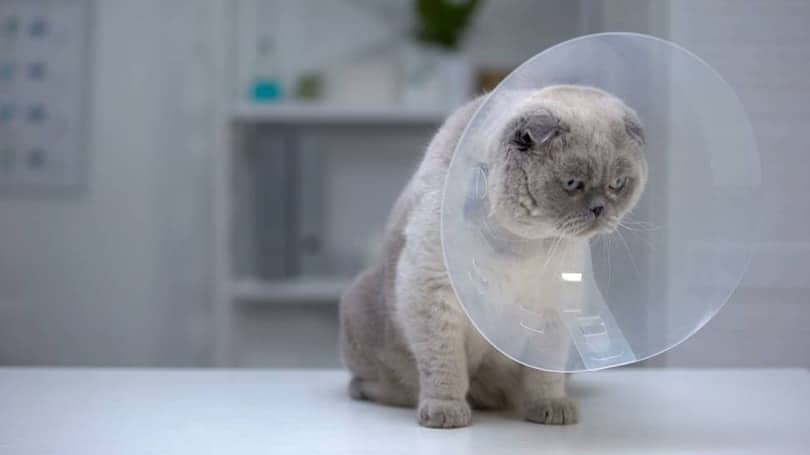
Other Things to Know
When does the vet need to see your cat back? Most vets will want to do a recheck to remove sutures (stitches) if they are present, and simply check in on your cat.
Sometimes there are two rechecks to accomplish this. Often, a recheck includes a free exam, a weight check, and a look at the surgical site. Ideally, schedule this before you leave the vet office at the time your cat is spayed.
Also, it’s ok to ask that someone calls/texts you when the surgery is done, even if you won’t be picking your cat up for a bit! This can help to alleviate worry about the surgery!
Conclusion
With these tips, it is easy to help your cat heal quickly and feel her best once she gets home. With some preparation, she will recover in no time!
Remember, your instinct is always important in situations like this. So, if you feel your cat is not recovering as quickly as you would expect, or if something doesn’t seem right, don’t ever hesitate to reach out to a vet and ask your questions!
Featured Image Credit: Sannikova Maria, Shutterstock
